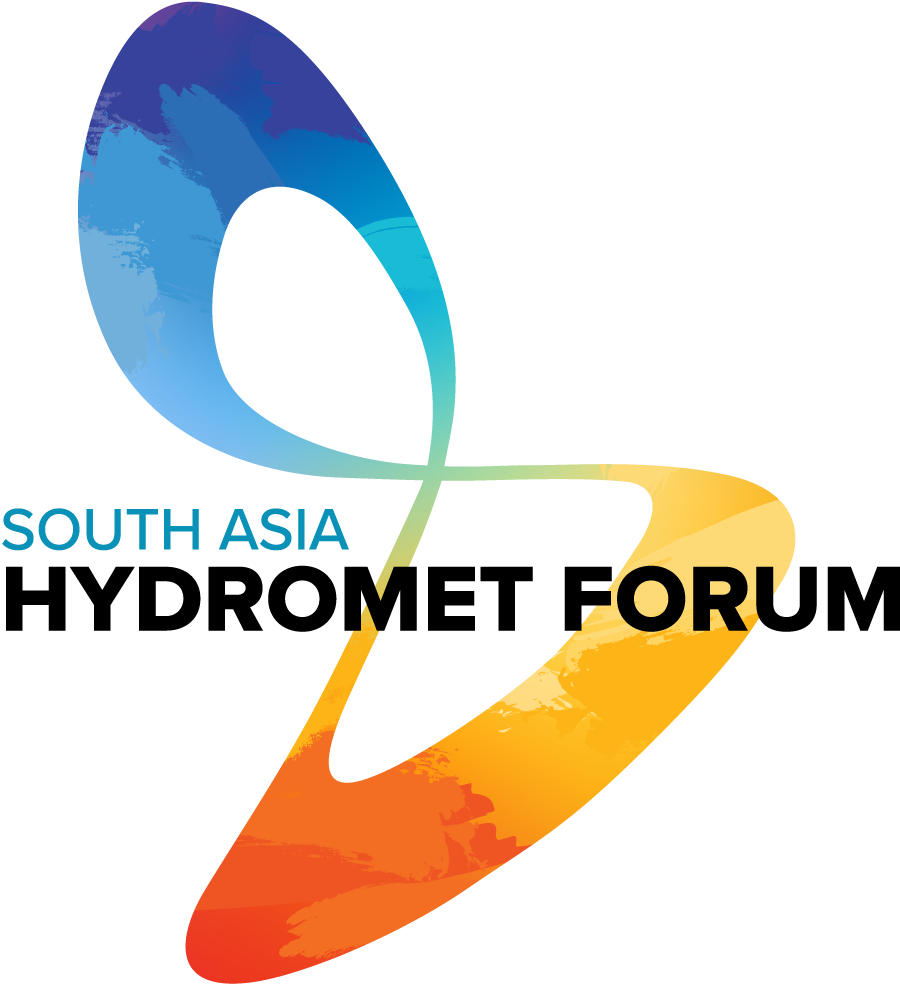SAHF Conferences
SAHF 2024
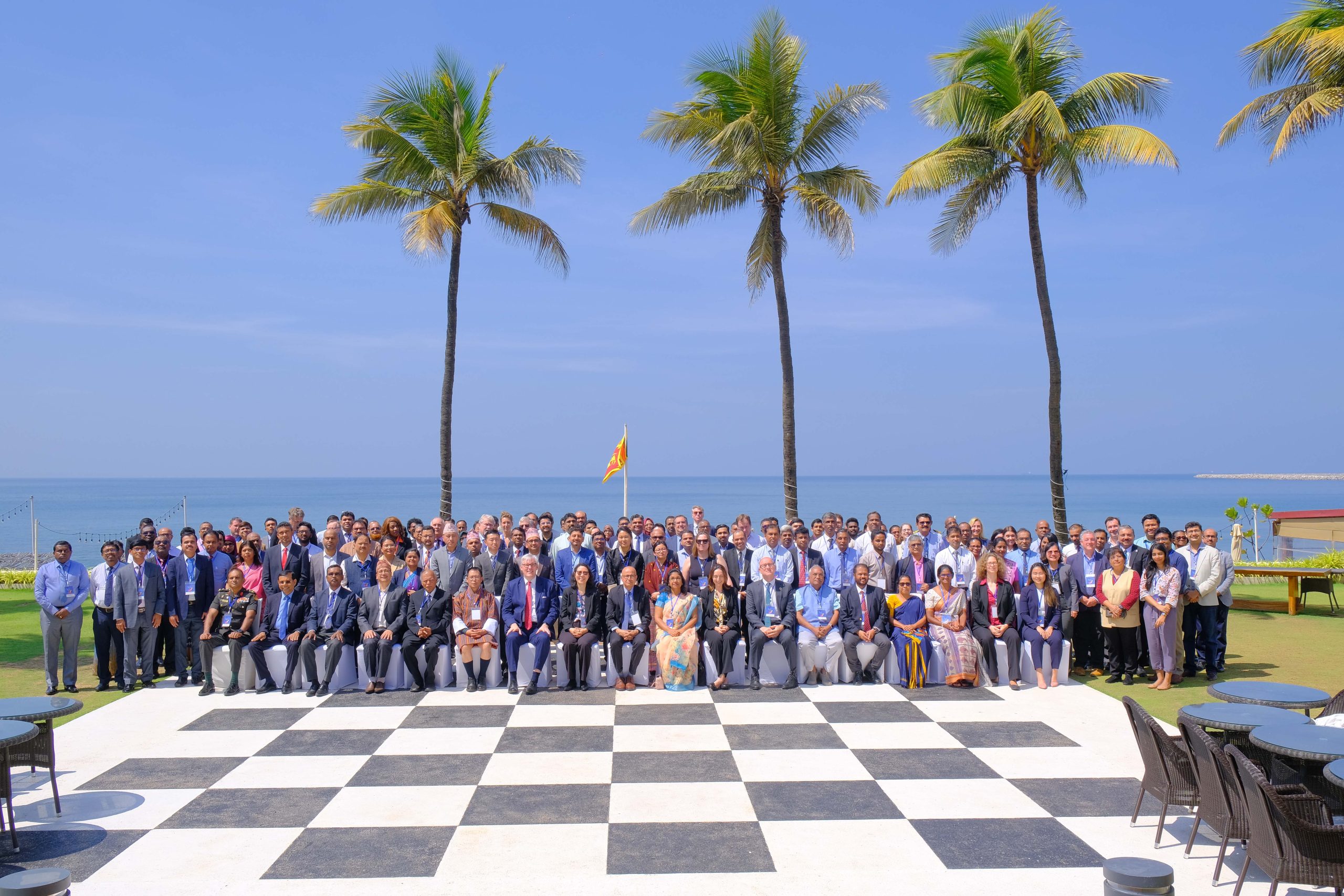
SAHF IV aimed to define a path towards deepening collaboration and increasing regional synergies and economies of scale for improved services and greater socioeconomic benefits in the region.
The SAHF conference brought together representatives from National Meteorological and Hydrological Services, Disaster Management Agencies, Agriculture Ministries, and Finance/Planning Ministries, as well as regional and global technical and research institutions, development agencies, academia, and the private sector.
SAHF 2021
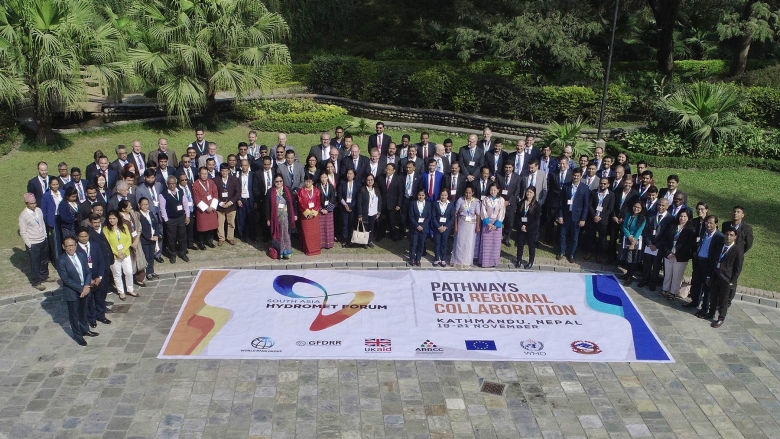
SAHF III expanded on the SAHF I & II – which focused on service delivery, regional collaboration, and innovation- through adoption of a climate/ early warning information value chain approach. Priorities of SAHF are to iteratively strengthen key elements of the hydromet services value chain by bringing together a wide range of public, academic and private institutions, with capacity enhancement aligned to these requirements by adopting a demand and context driven approach that leverages regional actions while addressing differential needs of NMHSs of SAHF countries.
SAHF 2019
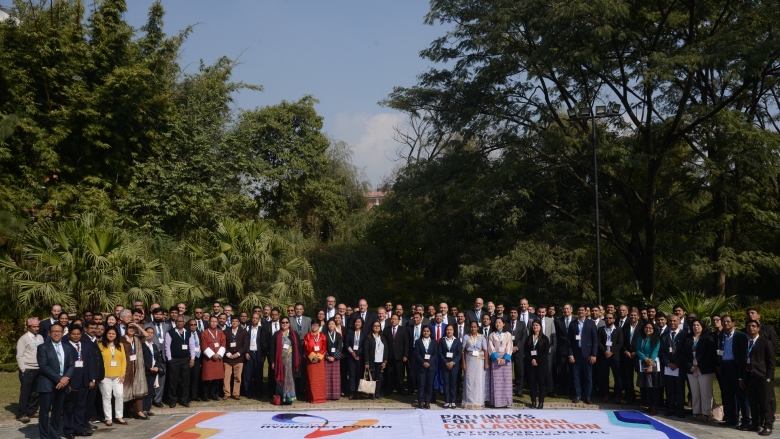
The World Bank and the Government of Nepal, in technical partnership with the World Meteorological Organization, co-hosted the second South Asia Hydromet Forum (SAHF II), following the commitments made at the inaugural SAHF in Geneva, 2018. The Forum, which took place in Kathmandu, from November 19-21, brought together weather and climate stakeholders from the South Asia Region, including the Heads of the National Meteorological and Hydrological agencies as well as user-sector representatives from weather-dependent sectors.
SAHF 2018
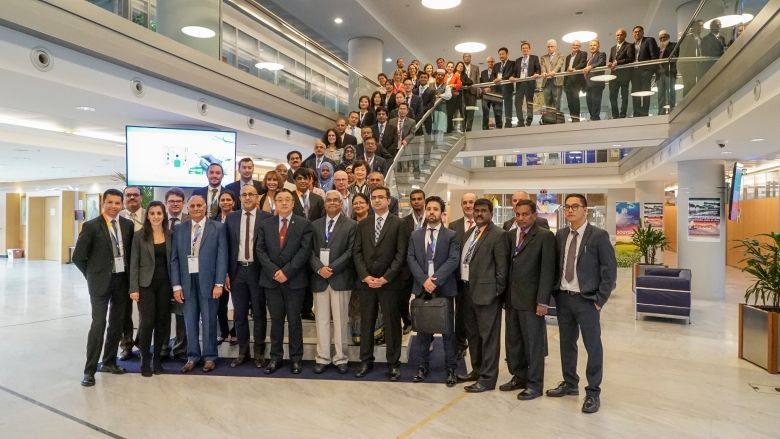
Building on efforts made by each country, and support provided by the World Meteorological Organization (WMO), the World Bank had been proactively investing in hydromet modernization efforts in the region. The program took a bottom up approach with national level operations under implementation in several countries in the region including Nepal, Bhutan, Myanmar and Bangladesh and others such as in Pakistan under preparation.
These operations seeked to transform the provision of hydro-meteorological services by supporting national hydromet agencies in developing and delivering user oriented information services and disaster early warning systems.
